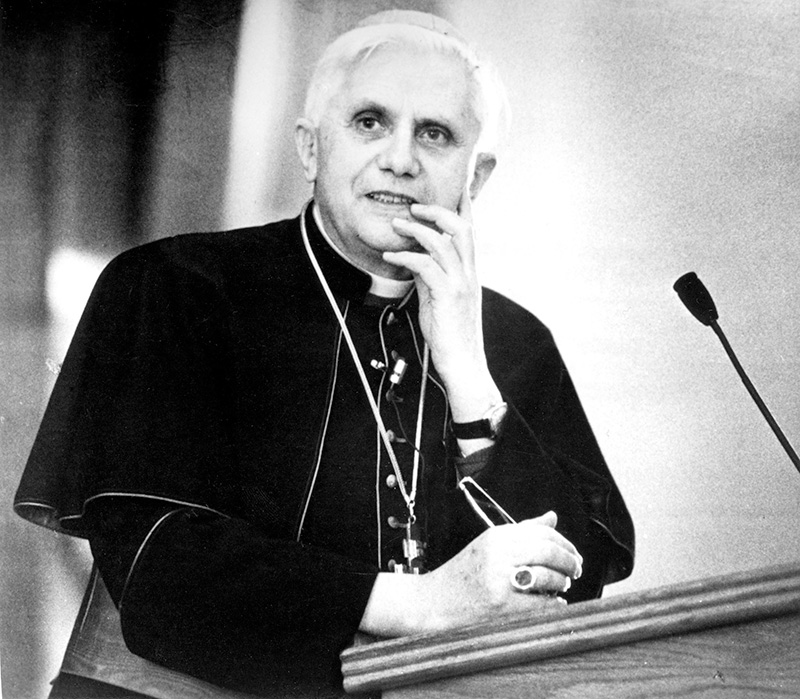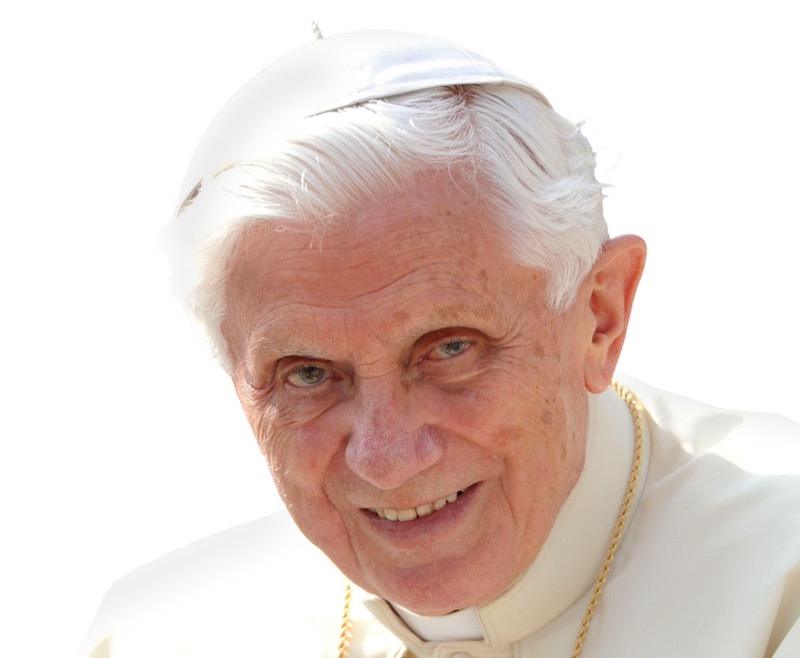Catherine Pepinster was editor of The Tablet, the international Catholic weekly, throughout the papacy of Benedict XVI. Here she discusses his time as pope, his shock resignation and his legacy with Ruth Gledhill, assistant editor of The Tablet.
Ratzinger radically altered the course of the papacy by resigning, but not before making his mark as a thinker looking both backwards to the certainties of the past and forward to the new evangelising possibilities of the future.
Benedict XVI, Joseph Ratzinger, who died on 31 December 2022, was one of the most influential figures in the Catholic Church during the late-twentieth century and the first years of the twenty-first. He developed a reputation for steely determination and rigorous pursuit of the truth, even to the extent of constraining theological exploration and pursuing those individuals he saw as trespassing outside legitimate doctrinal boundaries during his years as head of the Congregation for the Doctrine of the Faith. As Pope, he presided over a Church that often seemed ill at ease with itself, increasingly divided over the liturgy and shamed over child abuse. He attracted controversy and surprised both his supporters and his detractors. But nothing matched the shock of his announcement of his resignation in February 2013, the first by a pope for nearly 600 years.
During his 24 years as Prefect of the Congregation for the Doctrine of the Faith he was right-hand man to Pope John Paul II and shared responsibility for decisions and policies of the latter years of the Wojtyla pontificate, which many progressive Catholics found hard to stomach. As the Polish pope became increasingly frail, it was Cardinal Joseph Ratzinger who emerged as the leading figure in the Vatican, earning a reputation as a fearless hardliner – reflected in the nicknames “Panzer Cardinal” and “the Rottweiler”.
To what extent did he merit these nicknames? Who was the more complex character the world got to know over time, particularly during his 2010 visit to Britain?



 Loading ...
Loading ...
What do you think?
You can post as a subscriber user ...
User comments (0)